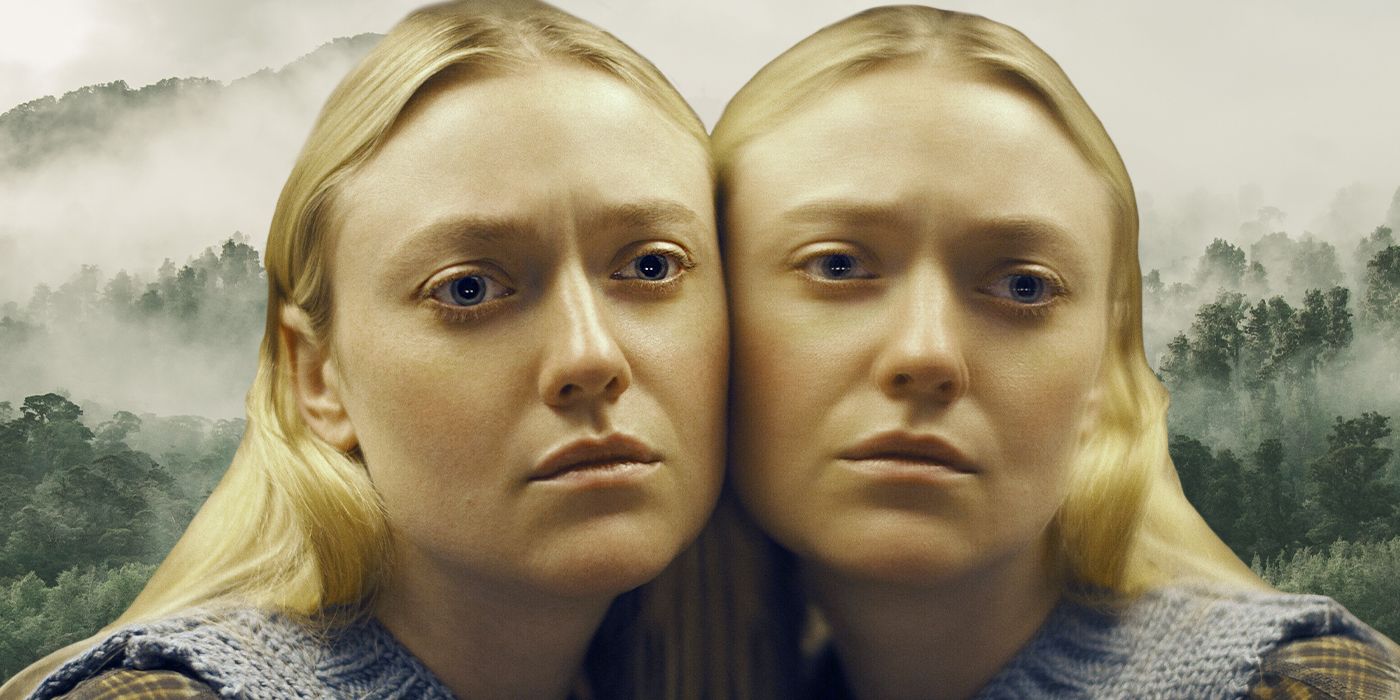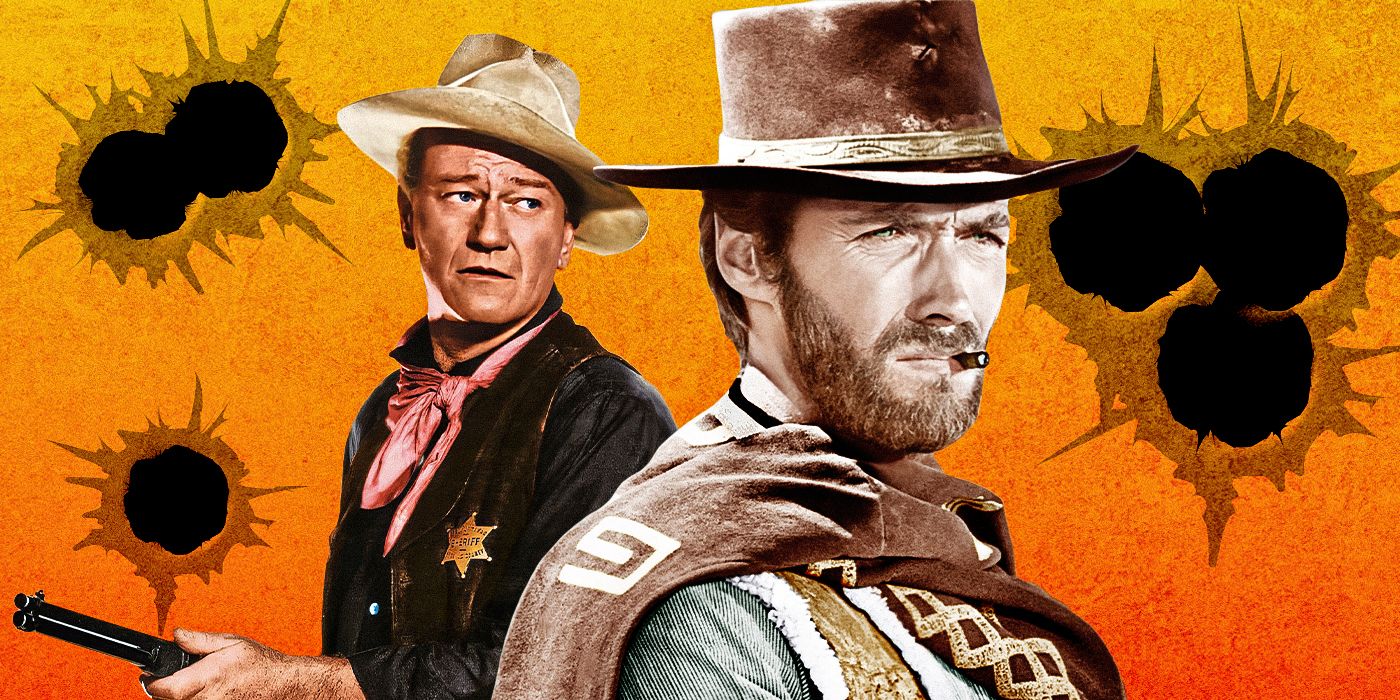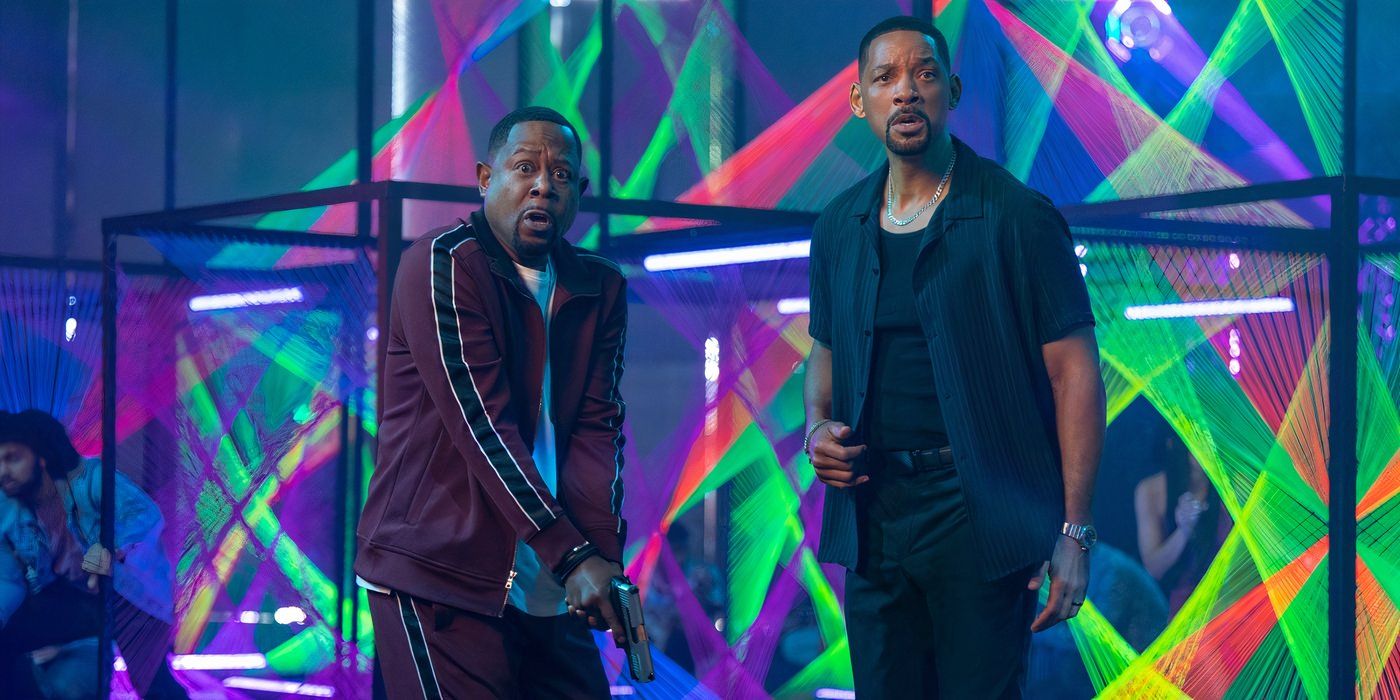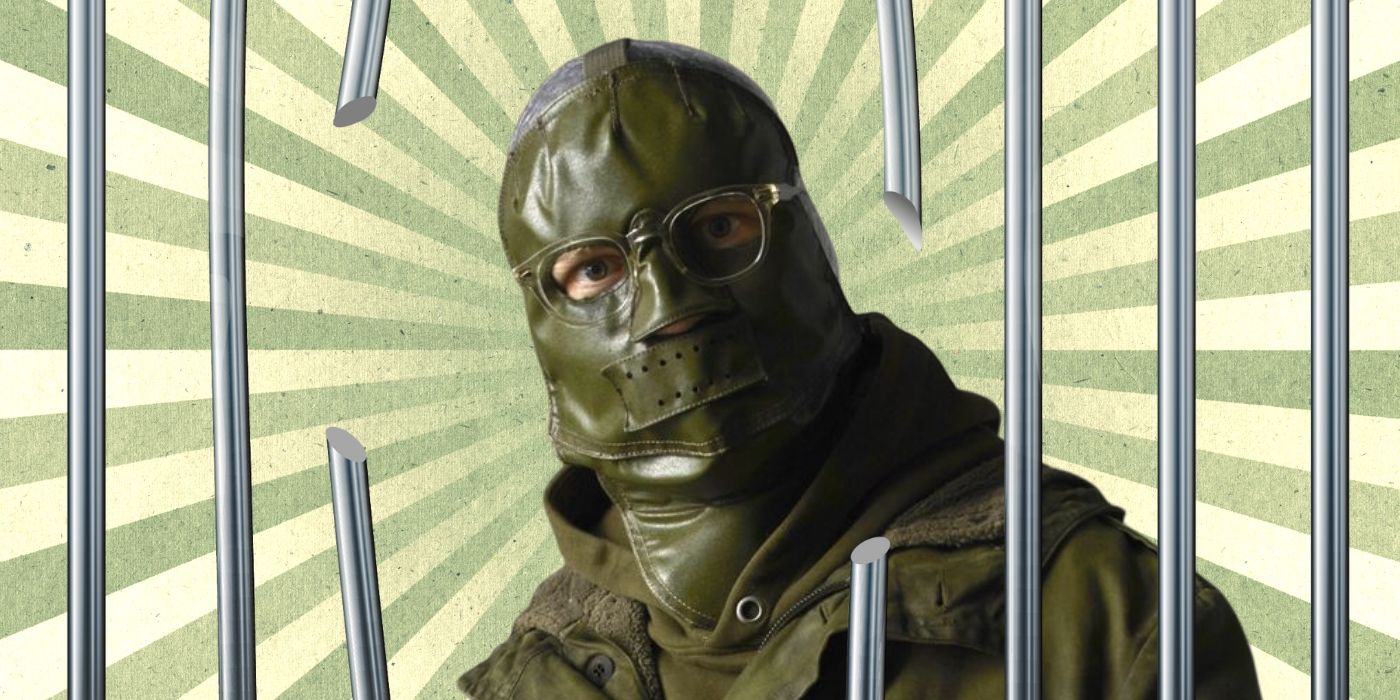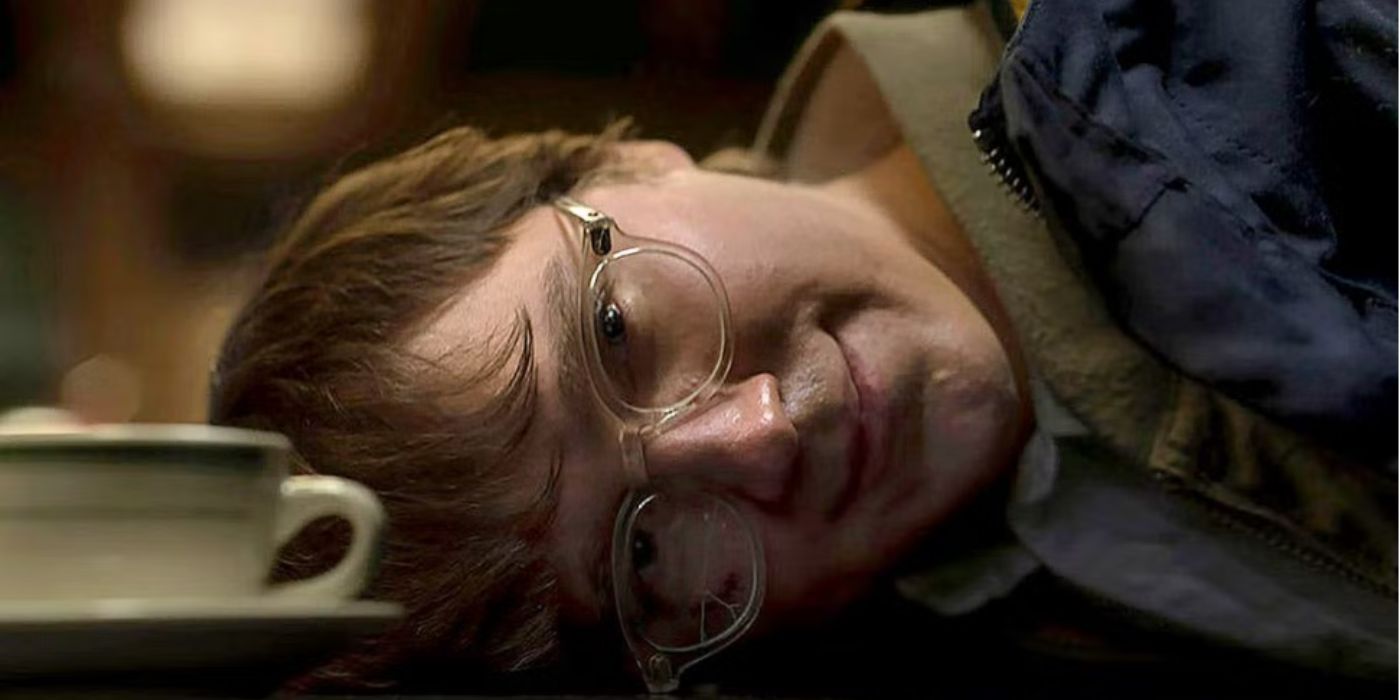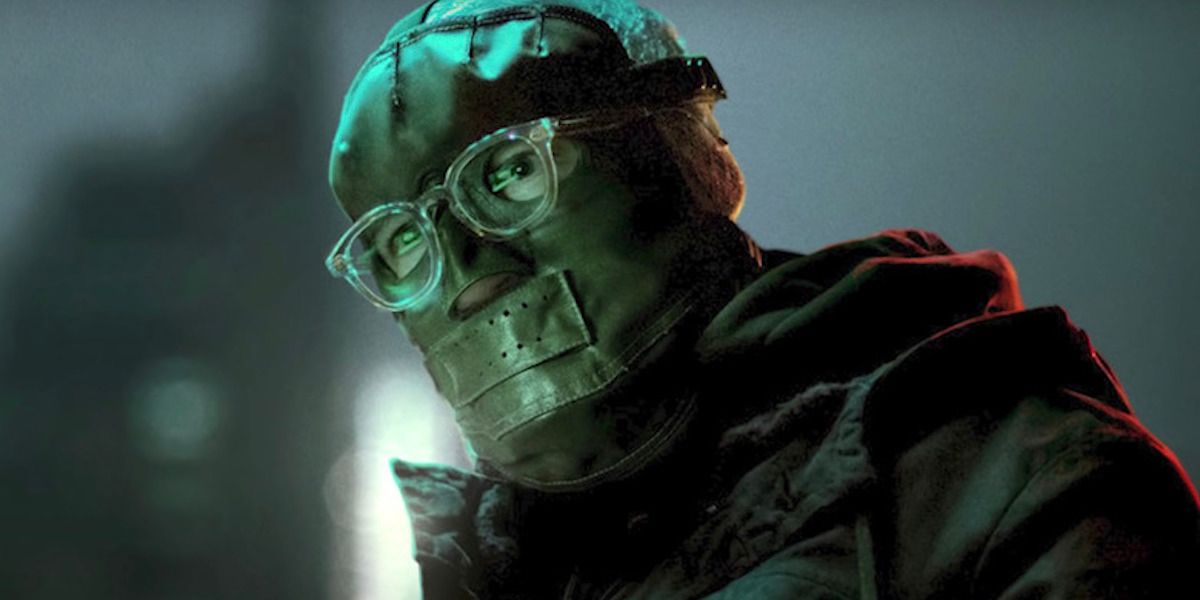As one of the most popular and re-watched movies of 2022 (via Letterboxd), writer/director Matt Reeves' dark and moody crime thriller The Batman exploded onto the scene as a gritty take on the famed Caped Crusader (played by Robert Pattinson). The re-watches make sense, not only because The Batman is a good movie and a popular IP, but also because there seemed to be much debate over the choices Paul Dano's Riddler makes as it relates to his plot and motivations. For example, some fans point to the idea that the Riddler turning himself in to the police opens a hole in the plot. A re-watch of the film, however, hopefully clears this misconception up. The fact is, Batman wouldn't have found the Riddler in time had he not turned himself in. To fully understand the Riddler's motivation behind his capture and plans, one must go back to where it all began.
The Riddler's Backstory in 'The Batman' Reveals His Motive
The Riddler doesn't reveal much about himself in The Batman directly. If he did, he wouldn't be a very good Riddler. What he does tell us is that he was raised in the Wayne Foundation Orphanage, established in the old Wayne Manor. The Riddler describes rats gnawing at the children packed into overcrowded bedrooms and babies dying because of the freezing temperatures. That's enough trauma already for any villain origin story and certainly enough to harbor some hate towards those deemed responsible. For Edward Nashton, a.k.a The Riddler, Thomas Wayne (Luke Roberts) bears the blame, which carries over into jealousy for the orphan Bruce who was raised in the lap of luxury. The Ridder's provided backstory gives us the emotional motivation behind the Riddler's choice in targeting the wealthy elite as part of his plan.
Since the first targets of Riddler's revenge on Gotham's institutions are the Mayor and Police Commissioner Pete Savage (Alex Ferns), it is clear that he is hellbent on uprooting those whom he deems responsible for corrupting Gotham. The question that drives the story, and Bruce's lack of sleep, is who the next target will be. Two bombs and a dead crime boss later, the Riddler is finally behind bars. However, he more or less allowed himself to be apprehended by police. Although the Batman is a great detective, he is always a step behind the Riddler in the film. It is only after Batman is asked to visit the Riddler in Arkham that we finally get some answers.
The reason that there was a lack of funding for the orphanage that the Riddler grew up in was due to a total gutting of the Thomas Wayne-touted "Renewal Fund" that was supposed to go strictly to helping Gotham. Thomas Wayne's murder opened the gates to the various politicians, crime bosses, and high ranking police to take advantage, all at the expense of orphans like Edward Nashton. When Nashton learned of the connection as a forensic accountant, he developed the plan to uproot the corruption, emboldened to don a costume by idolizing Batman after he made his debut. The Riddler believes himself to be working to the same end as Batman, targeting the corrupt elites and the crime boss that put them in power, Carmine Falcone (John Turturro). It was Falcone's role as informant that put many of the cops and politicians where they are. Everything flows upwards to "el rata elada," and with him dead, the final part of Riddler's plan remains. By taking out many Gotham elites (and regular folk!) at the stadium-turned-flood-shelter, the Riddler would finally have washed Gotham of its corrupt masters.
The Riddler's Motive in 'The Batman' Is Relevant to Contemporary Society
The Riddler's motive in The Batman of taking down the elite certainly isn't new. What Reeves was able to do with it though, made for an excellent look at contemporary violence and how it comes to be in society, showcasing social inequality as the ultimate villain of The Batman. That's why it was essential for part of Riddler's plans and motivations was to gain a following, ultimately using his group of fringe followers to enact his final stroke of violence. The Riddler suffered like many do, but the difference was how he let his suffering and loneliness delude him into believing this was the only way forward. Part of the unfortunate truth is, in today's real world, tragedies like this do happen, albeit with fewer theatrics. It's what makes Paul Dano's Riddler so powerful.
Hopefully, re-visiting his motive helps any who may have been scratching their heads about The Batman's Riddler. Understanding his want to take out the higher ups in Gotham was never the confusing part of his plan, it was the reasoning behind it that was. With The Batman 2 in active development, and The Penguin HBO series coming soon as well, it will be interesting to see how the fallout from the Riddler will link into what's next for Gotham City.


